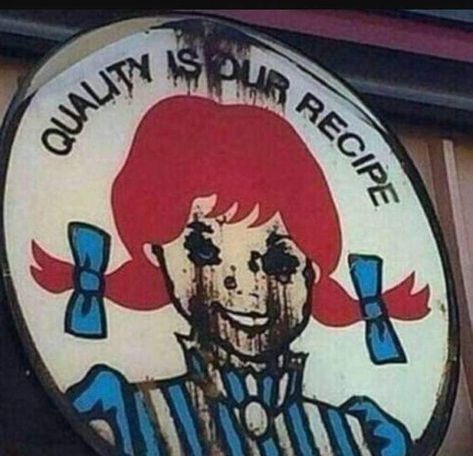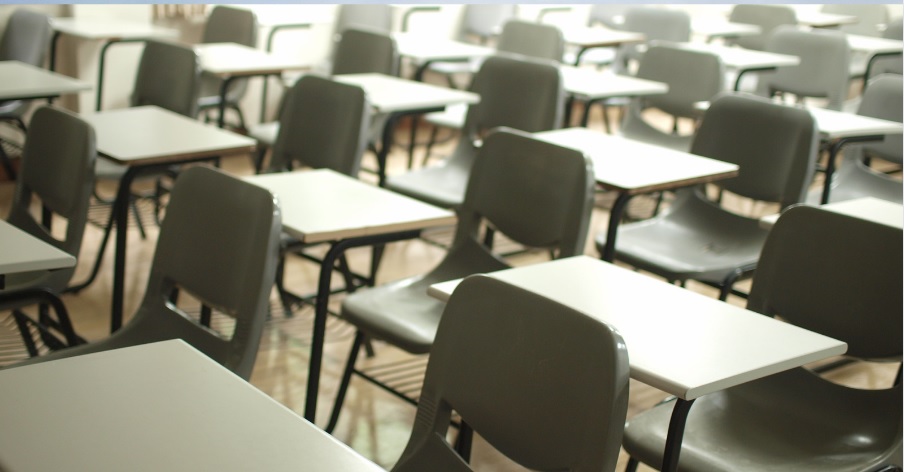Putin signed a law in August creating a new required course in “Fundamentals of Security and Defense of the Motherland.”
In July, the defense ministry approved high school-age lessons on how to operate assault rifles, combat drones and hand grenades. They will be introduced across Russia next year.
Barbieri believes the drone lessons are in response to Ukraine’s extensive use of drones to disrupt and damage Russian locations.
At younger ages, children as young as seven are learning how to assemble machine guns.



Putler is preparing his „Volkssturm“ … so even he thinks, that he lost the war
https://en.wikipedia.org/wiki/Volkssturm
Maybe. I don’t think that the war is necessarily the main concern.
Hitler consumed all of his fighting-age men, and then had to use what he had left, which were the youth and elderly. That’s not the situation in the Russo-Ukrainian War, not by a long shot.
The Kremlin is very probably concerned about the political effects of mobilization. Mobilization was delayed well past the point where it was probably militarily-advisory, and the Kremlin was willing to pay a lot to bring in contract soldiers to try to limit mobilization. That’s not a government that’s exhausted all available manpower and is looking for stop-gap measures to try to convert more people into military power. It’s a state that’s worried about what the conflict might do to the government politically.
The Kim dynasty stayed in power in North Korea for a long time by keeping the country in a constant state of alert and militarizing society.
https://nationalinterest.org/blog/korea-watch/perpetual-struggle-why-korean-war-did-not-end-north-korea-164209
https://en.wikipedia.org/wiki/Songun
[continued in child]
[continued from parent]
There’s a name given to a limited-duration effect seen in the US where, under certain conditions, US Presidents get a short-term spike in popularity during military conflicts. That’s not a very long-lasting effect, but it is quite dramatic in strength – if the public considers the country to be at risk, they will tend to put aside political differences and support the current leadership.
https://en.wikipedia.org/wiki/Rally_'round_the_flag_effect
But suppose that instead of a short-term effect because of a temporary conflict, you can have a country – from a domestic political standpoint, at any rate, no or little actual fighting required – staying in a permanent, wartime crisis mode. Then maybe you can leverage the effect on an ongoing basis. North Korea has, rarely, had limited and small conflicts with South Korea subsequent to the Korean War. If it did initiate a second annexation attempt, it would likely go poorly for North Korea. It is not likely, as things stand, to initiate a second attempt. But by keeping the country politically at a state of war…well, you can still maintain control when, by most respects, North Korea’s situation isn’t all that great for the typical person in North Korea. The Kim dynasty is quite politically-repressive, and the country has about three percent the per-capita GDP of South Korea. That’s ordinarily a situation where people are likely going to ask some difficult questions of the government. But as long as, from a political standpoint, the country is at war…shrugs
Russia in 2023 is more-politically-repressive than it was, say, ten years back, but it’s also still no North Korea. But I have wondered whether it might be the case that the Kremlin winds up trying to leverage some of the same mechanisms that the Kim dynasty does.
I hope that is true and I hope he follows in all of Hitler’s footsteps right to the very end.